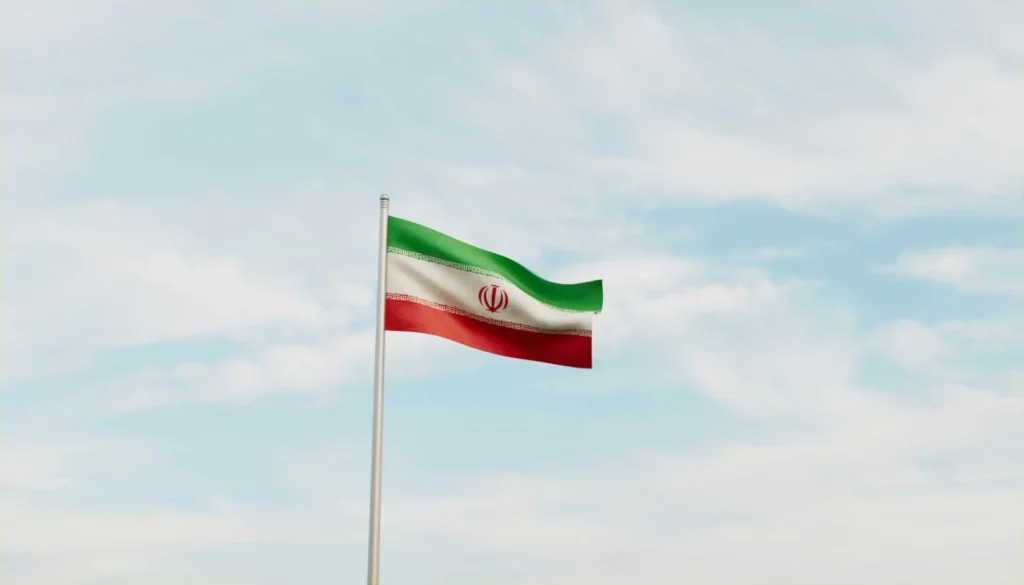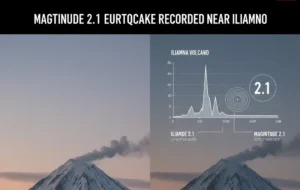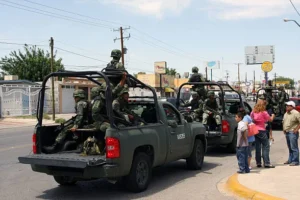Israel launched Operation Rising Lion early Friday, unleashing over 200 fighter jets to strike Iranian military and nuclear sites. The Israeli Defense Forces (IDF) said the preemptive strike targeted Iran’s top commanders, atomic enrichment sites, and missile stockpiles.
IDF spokesman Brigadier General Effie Defrin confirmed Iran had responded by launching more than 100 drones toward Israel’s territory. He stated that Israeli air defenses intercepted many drones and would continue to neutralize any incoming threats.
Prime Minister Benjamin Netanyahu said Israel acted to prevent Iran’s “growing threat” and to stop its race toward nuclear weapons. Netanyahu vowed the military operation would continue until the threat was eliminated.
The Israeli military claimed it killed Iranian Chief of Staff Mohammad Bagheri, Revolutionary Guards Commander Hossein Salami, and Emergency Head Gholamali Rashid. The IDF also said it damaged critical enrichment infrastructure at Natanz, including underground centrifuge halls and electrical systems.
President Mahsoud Pezeshkian of Iran vowed on national television that his country would respond with strength and intelligence. He promised Israel would regret what he called a “foolish crime” against the Iranian people.
Former U.S. President Donald Trump said on Truth Social that he warned Iran repeatedly to make a nuclear deal. He claimed he gave Iran a 60-day ultimatum, and Friday marked day 61 without a resolution. U.S. Secretary of State Marco Rubio emphasized that the United States had no role in Israel’s strikes.
NATO Secretary-General Mark Rutte said Israel acted alone and urged all parties to de-escalate before the region plunges into a wider war. He assured reporters that despite tensions, a nuclear conflict still appeared unlikely.
As tensions mount, analysts warn that the conflict could drag in U.S. forces, regional allies, and Iranian-backed groups. With Iran vowing revenge and Israel promising continued operations, the conflict shows no signs of slowing.










